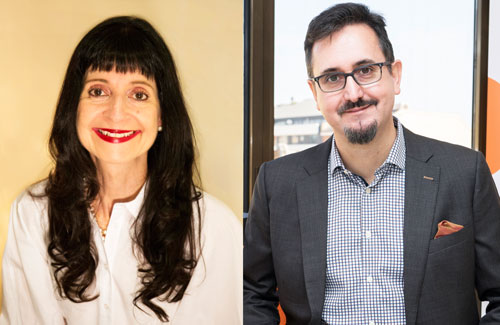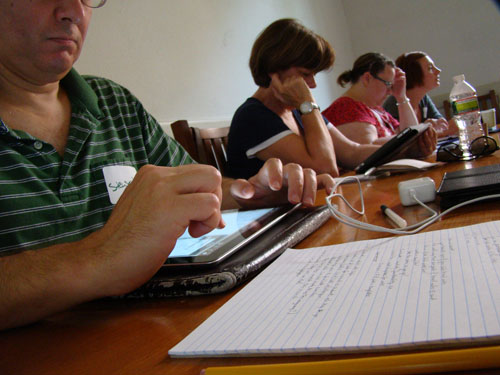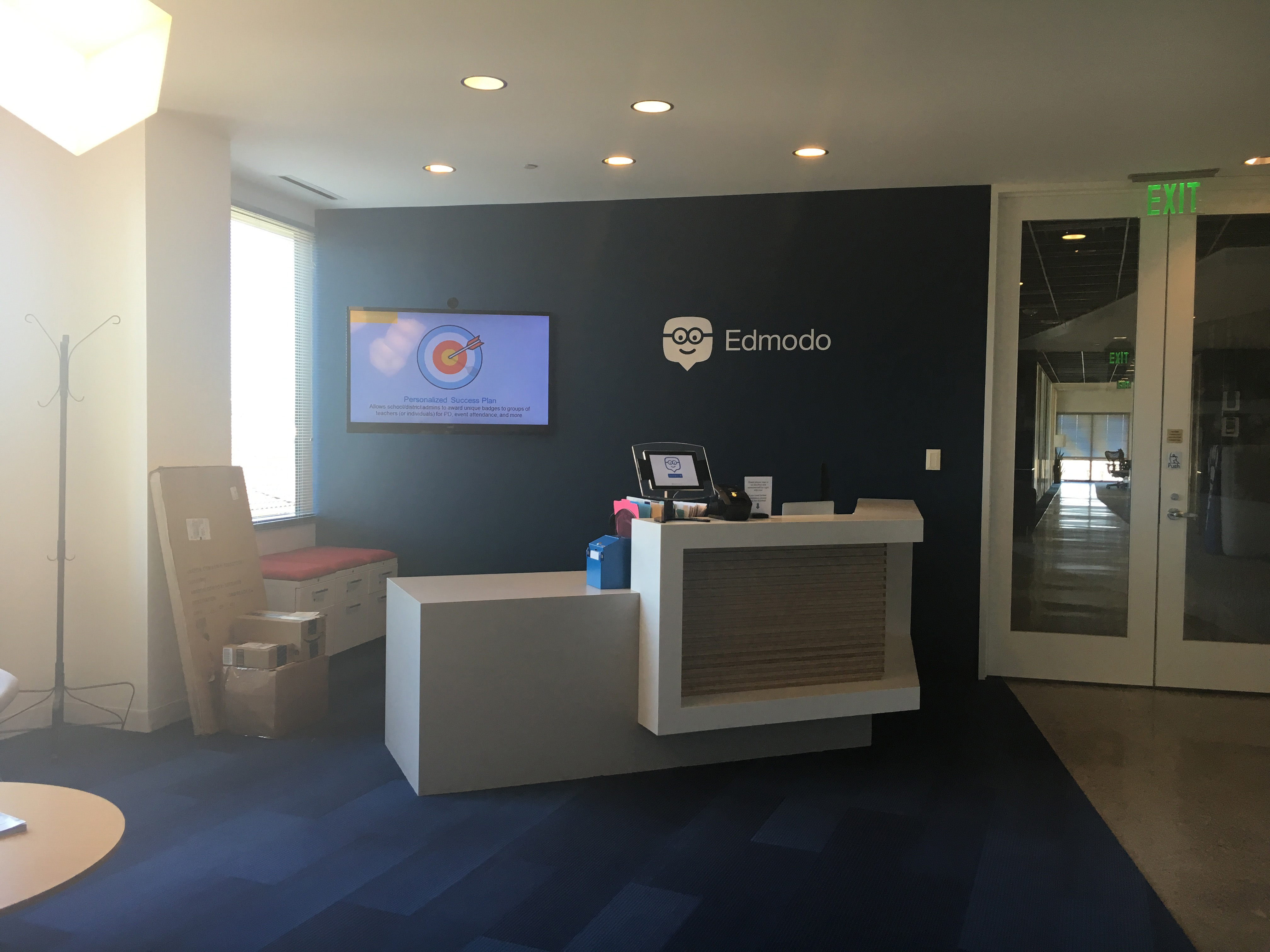“The UN’s Sustainable Development Goals show us the big problems, so big that they need to become the world’s agenda for education.” – Martin Dougiamas
Martin Dougiamas is the Founder and CEO of Moodle, an open source learning platform. The company was founded in 2002, and since then has grown to have over 100,000 registered sites with more than 130 million users worldwide. Moodle provides educators with free software for online learning and collaboration. Additionally, the platform is used by corporations such as Vodafone and Coca-Cola as well as organizations such as the United Nations, World Vision International and the US Defense force.
The Sustainable Development Goals are a collection of 17 global goals set by the United Nations General Assembly in 2015 for the year 2030. Dougiamas believes “Education is the solution for all of these.” He joins us in The Global Search for Education today to talk about the growth of Moodle and how the platform is empowering educators to support our world.
“The teacher’s role is to create the space, allow students to enter and then facilitate their experiences as students use the resources and collaborate in the activities.” – Martin Dougiamas
Martin, what problem was Moodle LMS designed to solve?
The main product we make, Moodle LMS (that everyone knows) is a learning management system. It is software that runs on a server to produce a dynamic web site with courses, which are like classrooms, which themselves contain activities and resources. The teacher’s role is to create the space, allow students to enter, and then facilitate their experiences as students use the resources and collaborate in the activities.
Moodle was designed to do these things, and in particular to promote a collaborative “social constructionist” philosophy of education, where participants learn through constructing relevant artifacts for each other in a safe social space. Of course, we’re all used to this now on social media, but when I started Moodle, there was not much of that around yet. Despite this focus, we’ve found that a lot of teachers use it more simply as a document repository to share their teaching materials – this is something we are trying to improve through our education program.
Moodle originally aimed at higher education, but was rapidly taken up by schools and companies, so it’s used across all phases of learning and all ages. We don’t have complete stats of users because it’s open source and registration is an opt-in process, but from those who have registered, we know it’s in 60% of higher education worldwide, in every country of the world, with over 160 million users.
That’s incredible. Why do you believe teachers choose Moodle versus other platforms?
Decision-makers around Moodle can be varied, but we do know that teachers choose it because they are empowered to create interesting and, if they want, complex online learning experiences using the many tools at their disposal, no matter what the sector is.
We of course have thousands of feature requests, but recently the majority are related to saving teacher time spent in management tasks which frees them up to spend more time looking after students, especially in scenarios when there are many students.
“Teachers choose it because they are empowered to create interesting and, if they want, complex online learning experiences using all the many tools at their disposal, no matter what the sector is.” – Martin Dougiamas
What’s your criteria for screening products and entities who create learning programs on Moodle?
We don’t screen anyone at all. Moodle is completely Open.
If, however, people want to share extensions to Moodle, i.e. a Moodle Plugin, then we have quite a rigorous process for that, which includes automated code checks, human security, usability and sanity checks, etcetera.
Big brands, small brands and start-ups are all creating courses on Moodle. What are your best marketing tips to those trying to raise the profile for their products with global audiences?
Really, you want products so good that your users will do the marketing for you, grass roots-style. Stay focused on talking/listening to your users and reacting to that. Respect local customs – Moodle has 140 language translations, for example.
Being open and free really helps, plus we spend a lot of effort to make sure the product is always improving and evolving.
“Moodle originally aimed at higher education, but was rapidly taken up by schools and companies, so it’s used across all phases of learning and all ages.” – Martin Dougiamas
Technologies like Moodle have enabled us to create new models for learning at a time when we face many global challenges. What are your predictions for *what” curriculums should focus on for the future?
Before now, Moodle has stayed fairly neutral in the question of what should be taught. We’ve left that to educators to decide.
However, the UN’s Sustainable Development Goals show us the big problems, so big that they need to become the world’s agenda for education. Education is the solution for all of these. We need to raise the amount of awareness and training around these goals in every curriculum in the world, from school to university to workplace.
Our recent work is to help build content solutions such as MoodleNet that will help educators include this content into their courses with the minimum of effort. For example, you can include examples of inequality or refugees in courses about engineering. If “objectively good” content like this was available easily, then we could push these ideas better across the world, through Moodle.
C. M. Rubin and Martin Dougiamas
Thank you to our 800 plus global contributors, teachers, entrepreneurs, researchers, business leaders, students and thought leaders from every domain for sharing your perspectives on the future of learning with The Global Search for Education each month.
C. M. Rubin (Cathy) is the Founder of CMRubinWorld, an online publishing company focused on the future of global learning and the co-founder of Planet Classroom. She is the author of three best-selling books and two widely read online series. Rubin received 3 Upton Sinclair Awards for “The Global Search for Education”. The series which advocates for all learners was launched in 2010 and brings together distinguished thought leaders from around the world to explore the key education issues faced by nations.
Follow C. M. Rubin on Twitter: www.twitter.com/@cmrubinworld










Recent Comments